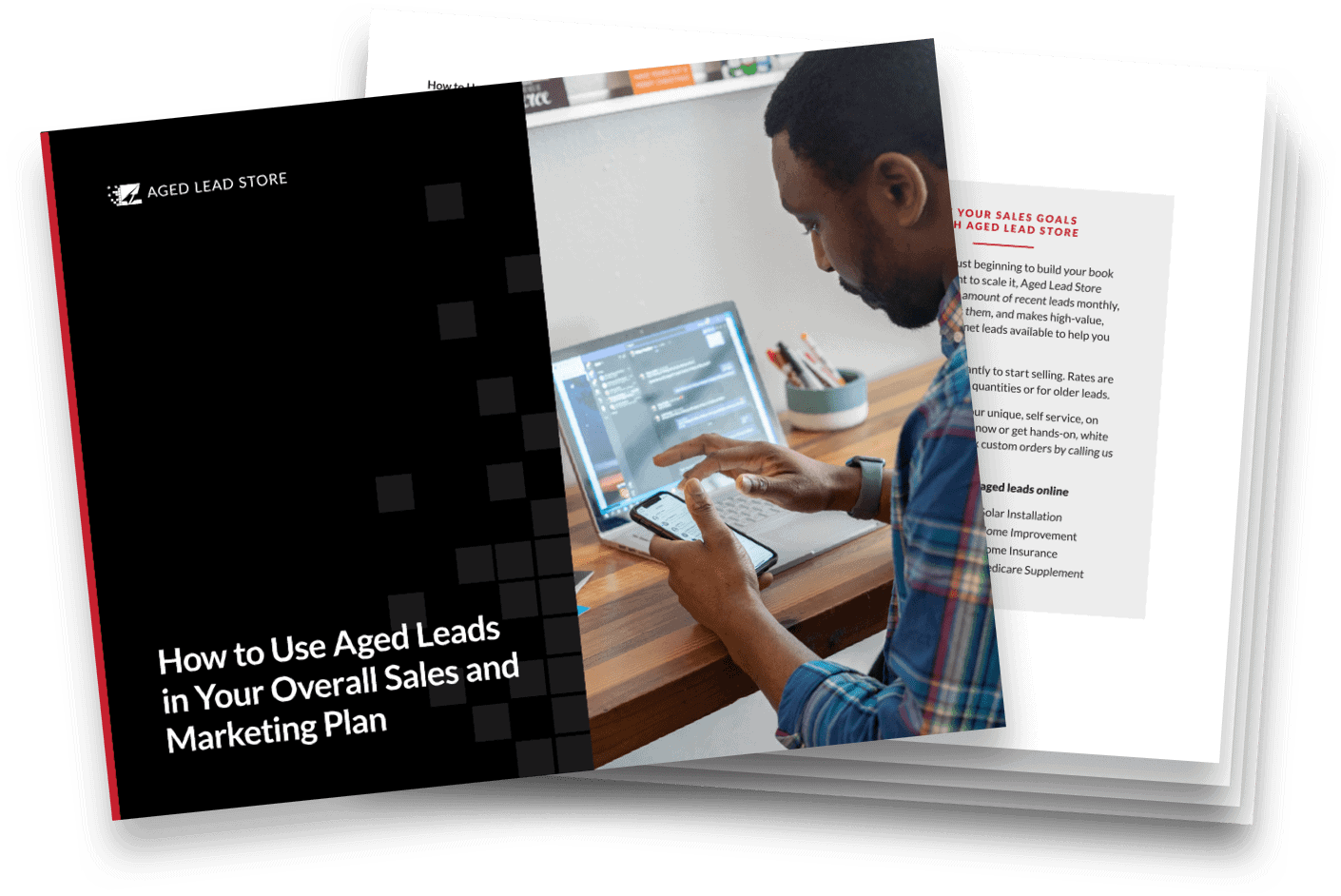 Recent surveys show that more than 50 percent of insurance agents use leads at least one in a while, and about 12 percent of agents use them every day. This doesn’t necessarily mean, though, that the agents are satisfied with the leads they receive. This article looks at some of the reasons why Internet insurance leads, though popular, disappoint their buyers and fail to convert.
Recent surveys show that more than 50 percent of insurance agents use leads at least one in a while, and about 12 percent of agents use them every day. This doesn’t necessarily mean, though, that the agents are satisfied with the leads they receive. This article looks at some of the reasons why Internet insurance leads, though popular, disappoint their buyers and fail to convert.
No Guarantees of Exclusivity
Over 70 percent of agents complain that their exclusive leads were not exclusive at all. Lead generation companies generally offer exclusive leads, and they follow the rules, not selling a lead more than once. The problem is that Internet leads are identified when a prospect comes across the company’s website and fills out a brief online form requesting a consultation with an agent and a free quote. This means a prospect may complete contact forms on the websites of several different lead generation companies. Even if each company only sells the lead once, the result is lead shared by several agents.
Overpricing
A real-time, “exclusive” lead can cost $20 or more per lead. In other words, if you order 100 leads from a company, you may find yourself paying several hundred to several thousand dollars. If close ratios were excellent, the leads might be well worth the money, but as you will see, most agents are not satisfied with the close ratios on Internet insurance leads. This makes lead buying a risky proposition, and is a turn-off for more than 60 percent of agents.
Difficulty Reaching Prospects
There is little more frustrating than paying dearly for a lead only to learn that all the contact information provided by the lead generation company is dated or incorrect. Usually, if you can prove the information is false, the lead generation company will give you a credit for the bad lead. Sometimes, though, the information is correct and leads simply choose not to answer your phone calls or emails, either because they have changed their mind about wanting your product or because they have found another insurance agency to work with. More than 50 percent of agents cite this problem.
Downward Trend
At least half of all insurance agents complain that the leads they buy from lead generation companies are getting worse instead of better. This perceived trend makes agents less likely to buy Internet insurance leads.
[button link=” https://agedleadstore.com/?utm_source=Nextwavemarketingstrategies_com&ut…;“; size=”large” style=”download” align=”center” color=”red” window=”yes”]Get Leads Now![/button]
Low Closing Rates
More than 50 percent of agents describe their close rates on Internet leads as “terrible” or “not so good.” Agents who have trouble closing Internet leads aren’t likely to buy them again, preferring methods such as referrals from other agents or current clients which offer better rates.
In the end, the majority of agents report being disappointed in some way by their Internet leads. Perhaps it is time for lead generation companies to listen to this feedback and look for ways to make buying Internet leads more attractive and reliable.













